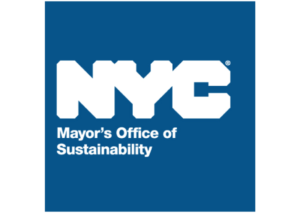McDonald's – Jing Tan – 2014
Goals
Jing Tan assisted McDonald’s China’s progress towards the worldwide goal of 20 percent energy consumption reduction by 2020 from a 2012 baseline. Tan was asked to assess McDonald’s China current energy status, evaluate existing energy strategies, select best practices for replication and identify new opportunities.
Solutions
She started with energy data analysis and store investigation. Then, Tan established a kitchen energy consumption benchmark, which would assist store managers in saving energy. Regarding best practices, Tan identified that LED lighting has a great business case and should be expanded and installed throughout McDonald’s China kitchens. Also, Tan investigated simple communications tools to remind employees of how to reduce energy use, and a computer-based scheduling tool would reduce wasted energy during store operation. Additionally, variable frequency drives (VFDs) could be implemented not only in HVAC systems for the dining areas, but also in compressors in walk-in freezers in new stores.
Potential Impact
If implemented, Tan’s projects could save more than 14,000,000 kilowatt hours of electricity when projected expansion and growth of McDonald’s stores is taken into account. This would also mean $2 million in potential annual energy savings and 14,000 tons of carbon emissions reductions.
- Engagement and Behavior Change
- Industrial Energy Efficiency








